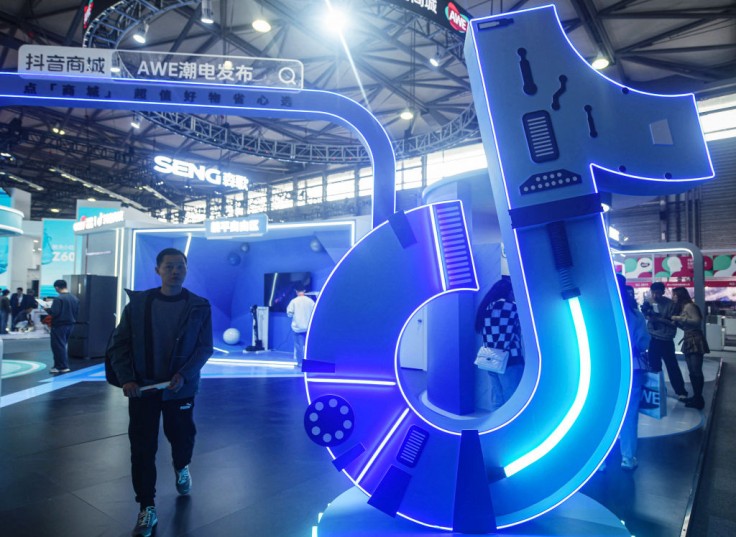
In January, Universal Music Group made the decision to remove its entire catalog of music from the popular video creation app, TikTok. The music distribution company and social media giant have been clashing heads ever since the two parties failed to successfully negotiate a licensing agreement earlier this year. The agreement expired on January 31, after which UMG quickly began to remove its artists' music from the platform.
The disagreement first emerged when UMG, the world's largest music company, claimed that "TikTok proposed paying our artists and songwriters at a rate that is a fraction of the rate that similarly situated major social platforms pay."
It's no secret that TikTok has become one of the quickest ways for an artist's music to take off. A musician can go viral overnight if the right video featuring their song takes off. The ByteDance-owned platform is the fourth largest social media site in the world and boasts over one billion active monthly users.
In response to UMG's harsh statement towards the company, TikTok had a few choice words of its own: "The fact is [UMG] have chosen to walk away from the powerful support of a platform with well over a billion users that serves as a free promotional and discovery vehicle for their talent."
Since the licensing agreement contract expired, UMG has removed millions of songs from the platform. In February, the group moved to remove all songs written or co-written by UMG artists, not just those distributed by the company. Notably, Taylor Swift, who is signed to UMG, returned her music to the platform last week. Many believe Swift was able to make the return to the app due to owning her owns masters.
Now, it appears that UMG is ramping up to bring more serious legal action against TikTok. Per Digital Music News, "multiple sources" claim that UMG has been "flooding" TikTok with Digital Millennium Copyright Act (DMCA) takedown notices in amounts that reach the "tens of thousands."
UMG itself has been successful in removing its songs from TikTok. However, the platform still allows its users to post their own audios, or "sounds." Songs can be slowed down, sped up or otherwise altered slightly so that they are almost the original track, but not quite.
These workarounds are what moved UMG to send out such an extensive number of DMCA takedown notices as TikTok has appeared to take little to no action to prevent these tracks from making it onto the app.
UMG is seeking more than just the removal of its content from TikTok. The company is reportedly looking to hold the social media behemoth "accountable for failure to comply with the repeat infringer policy," as required under the DMCA. UMG is, reportedly, keeping an eye on TikTok and its response to users who have "been the subject of multiple notices" concerning copyright violations.
Neither UMG nor TikTok has filed any official legal action, but as tensions grow between the two multi-billion dollar companies, a lawsuit does not appear too far out of frame.
© 2025 MusicTimes.com All rights reserved. Do not reproduce without permission.







